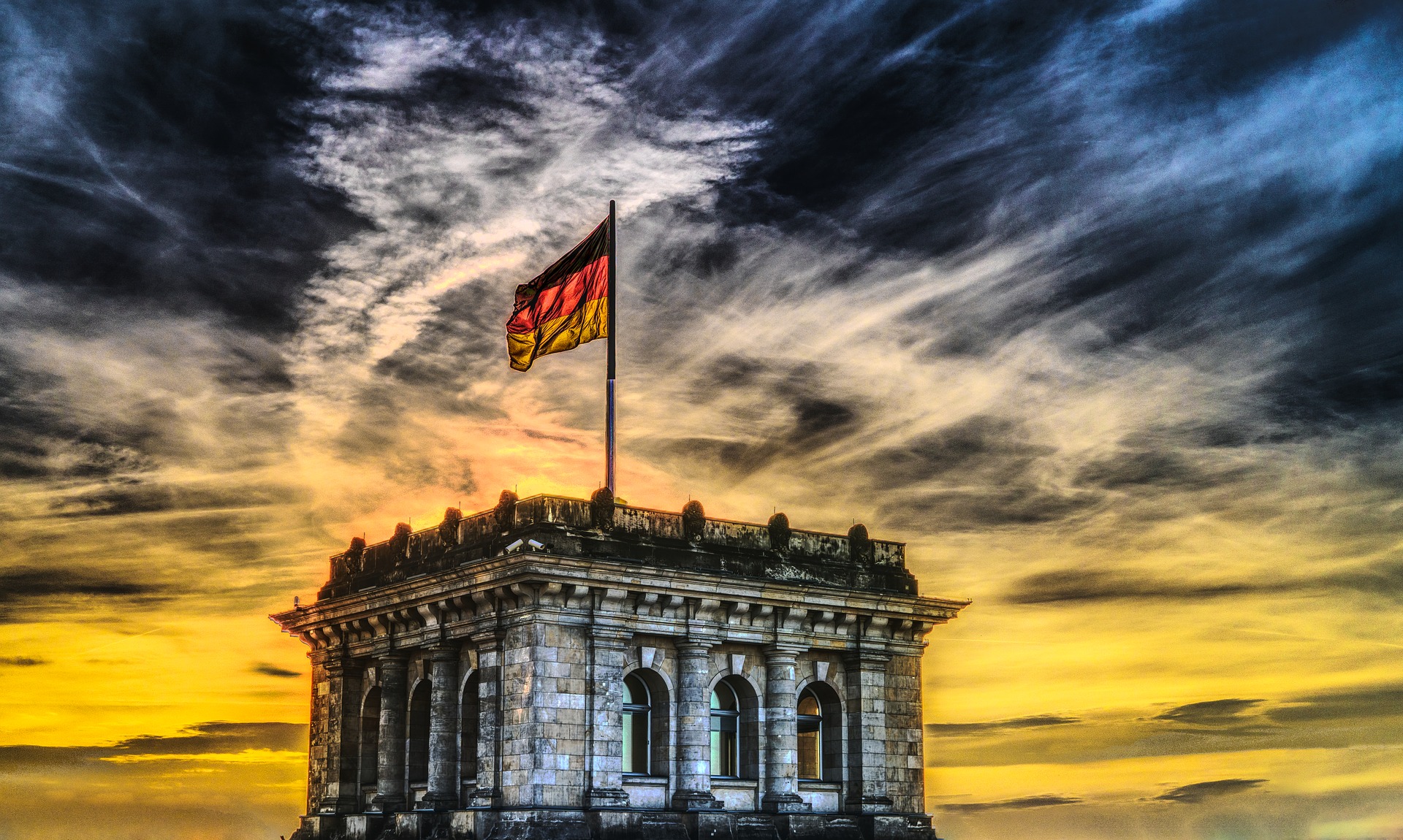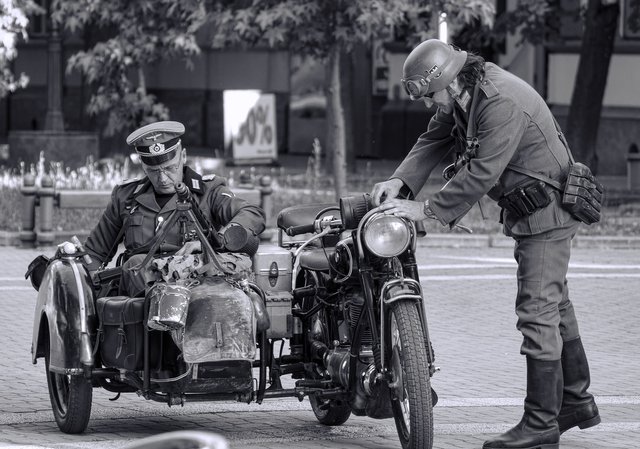The history of Germany is long. Summarizing this in an article is impossible. The historical past of a country tells something about the origin of the current culture. You can get a good impression of a country that is based on historical insight. That is why it is good to know a country's overall history so that you can get the parts that you find essential. Wars determine the image of a country and the separation of a people. That's a shame. Remarkable things happen in peacetime and discoveries are made. In the end, wars define the borders and which people belong to a country. That is why wars are significant milestones in history.

Key data Germany
In 2012 Germany had 81 million inhabitants. This country has the largest population in Europe. For a long time Bonn was the capital, but since the reunification with East Germany in 1990, Berlin is the capital. Berlin used to be a capital city before. The German nation as we know it now exists since 1867. Germany has a long and varied history that is full of wars and political changes.
The center of Europe
Germany is the center of Europe. It is the country with the most significant number of neighboring countries: 9 in total. Denmark, the Netherlands, Belgium, Luxembourg, France, Switzerland, Austria, Poland and the Czech Republic all border on Germany. The First and Second World War overshadows the history of Germany that Germany started. After these wars, Germany had to make reparations to Jewish Israel and give territories to other countries to compensate for the damage that the war has caused.
Germany or Germania in Roman times
Germany's history begins at the beginning of our era. At that time there were several peoples in Germany such as Franken, Alemannen, Ostrogoths, Bavaria, and Visigoths. The Romans did not distinguish between Celts and Germans. Many Germanic peoples came from other places in Europe, such as Ireland or Scandinavia. During the rise of the Roman Empire, the peoples got a common enemy: the Roman legionnaires. The Romans never knew to conquer all of Germany. At one point the Germans began to occupy Roman territory. That has ushered in the demise of the Western Roman Empire.
18th century
In the 18th century, Germany consisted of some principalities. Each area had its king and the emperor still controlled these. The last Emperor was Emperor Francis II. In the 18th and 19th centuries, Napoleon expanded his power, and the emperor was forced to resign in 1806. The Holy Roman Empire thus ceased to exist. During the Congress of Vienna, the 39 separate German states formed the German federation. In the 19th century, the German federation got the stick with the Prussians who had occupied entire parts of present-day Germany. Prussia had annexed the states of Hannover, Nassau, Hessen-Kassel, and Frankfurt and called this the North German Federation. This struggle eventually led to the Franco-German war that was won by Germany in 1870. France had to compensate Alsace, and Lowering to Germany and Germany created a new empire under Prussian leadership. During this time the German colonies were annexed, covering twice the surface of the Empire.

Anti-colonialism monument in Namibia, former German colony / Source: Hannes Grobe, Wikimedia Commons (CC BY-SA-2.5) Anti-colonialism monument in Namibia, previous German colony / Source: Hannes Grobe, Wikimedia Commons ( CC BY-SA-2.5 )
Colonial past Germany
The German colonies consisted of a part of the island of New Guinea, Namibia, Tanzania, Rwanda, Burundi, German Cameroon and Togo. Germany has only known a short colonial past. But in this little past, it has misbehaved considerably more than other colonial powers like France, England, and the Netherlands. In Namibia, the first true ethnic cleansing in the world was carried out under German rule. There were 1 million victims. After the two world wars for which Germany was the aggressor, the country had to surrender all its colonies. Are all colonies? No, not one, but one! That is New Swabia, located on Antartica.
nice history.
Downvoting a post can decrease pending rewards and make it less visible. Common reasons:
Submit
Informative!
Downvoting a post can decrease pending rewards and make it less visible. Common reasons:
Submit
Thank you, I really appreciate
Downvoting a post can decrease pending rewards and make it less visible. Common reasons:
Submit